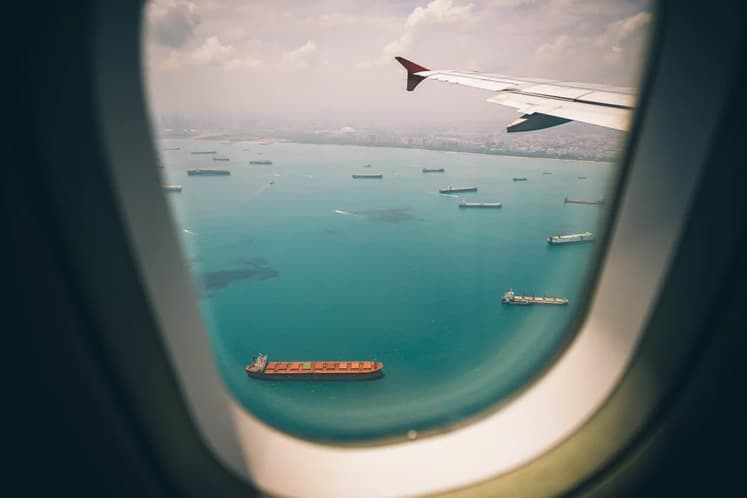
KUALA LUMPUR (May 27): The airline industry’s global debt could rise to US$550 billion by year-end, said the International Air Transport Association (IATA).
In an analysis released yesterday, IATA that that is a US$120 billion increase over debt levels at the start of 2020.
It said US$67 billion of the new debt is composed of government loans (US$50 billion), deferred taxes (US$5 billion) and loan guarantees (US$12 billion).
Meanwhile, US$52 billion is from commercial sources including commercial loans (US$23 billion), capital market debt (US$18 billion), debt from new operating leases (US$5 billion), and accessing existing credit facilities (US$6 billion).
IATA said financial aid is a lifeline to get through the worst of the crisis without folding operations.
However, it said during the re-start period later this year, the industry’s debt load will be near $550 billion—a massive 28% increase.
IATA director general and CEO Alexandre de Juniac said government aid is helping to keep the industry afloat.
“The next challenge will be preventing airlines from sinking under the burden of debt that the aid is creating,” he said.
IATA said that in total governments have committed to US$123 billion in financial aid to airlines.
It said of this, US$67 billion will need to be repaid.
The balance largely consists of wage subsidies (US$34.8 billion), equity financing (US$11.5 billion), and tax relief / subsidies (US$9.7 billion).
IATA said this is vital for airlines which will burn through an estimated US$60 billion of cash in the second quarter of 2020 alone.
de Juniac said over half the relief provided by governments creates new liabilities.
“Less than 10% will add to airline equity. It changes the financial picture of the industry completely.
“Paying off the debt owed governments and private lenders will mean that the crisis will last a lot longer than the time it takes for passenger demand to recover,” he said.
de Juniac added that many governments have stepped up with financial aid packages that provide a bridge over this difficult situation, including cash to avoid bankruptcies.
“Where governments have not responded fast enough or with limited funds, we have seen bankruptcies. Examples include Australia, Italy, Thailand, Turkey, and the UK.
“Connectivity will be important to the recovery. Meaningful financial aid to airlines now makes economic sense. It will ensure that they are ready to provide job-supporting connectivity as economies re-open,” said de Juniac.